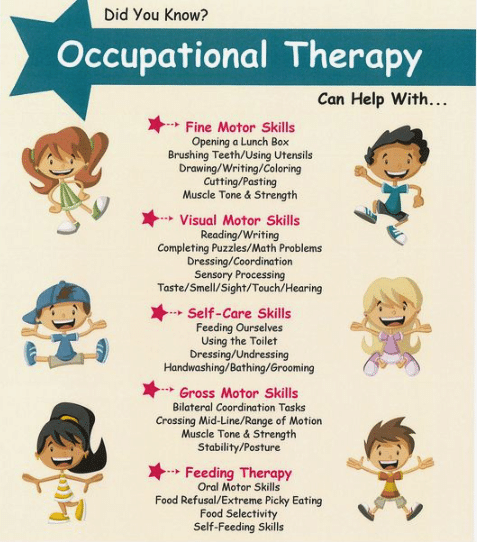Early Intervention in special education works by identifying and addressing developmental delays or disabilities in young children at an early stage. Here are some examples of how it works:
- Early identification: Professionals assess and monitor children’s development to identify any delays or disabilities as early as possible.
- Individualized services: Tailored interventions, such as speech therapy, occupational therapy, physical therapy, and behavior intervention, are provided to meet each child’s specific needs.
- Family involvement: Parents and caregivers actively participate in the intervention process, receiving guidance, resources, and support to enhance their child’s progress.
- Early learning activities: Children engage in age-appropriate activities that promote their cognitive, language, social, and motor skills development.
- Collaborative approach: A team of professionals, including educators, therapists, and specialists, work together with the child’s family to ensure a coordinated and holistic approach.
By addressing their needs early on, it sets the foundation for their future success and well-being. Goally, our tablet product, aids kids in Early Intervention with interactive apps for life and language skills, including visual schedules, AAC, gamified learning, and skill training videos. It enhances progress and success in early intervention.
This post was originally published on Feb. 21, 2023. It was updated on July 19, 2023.











